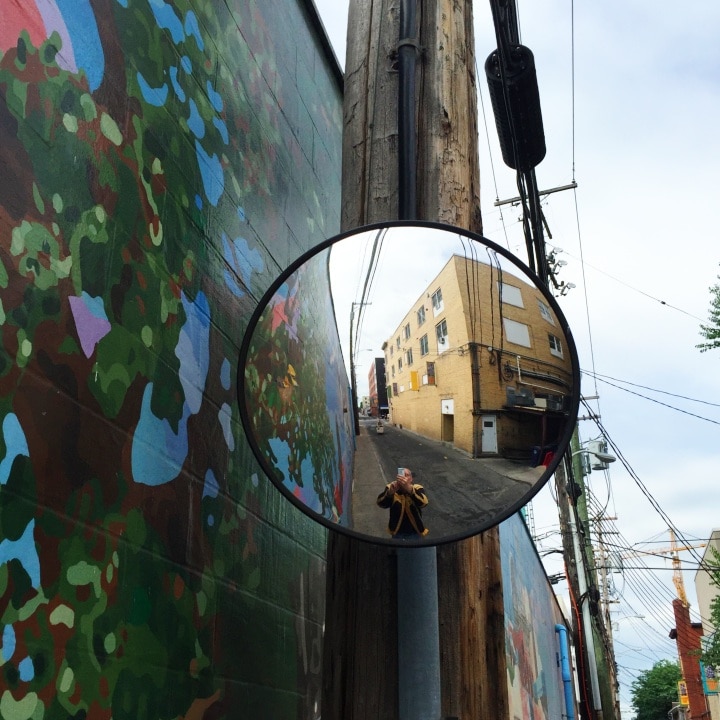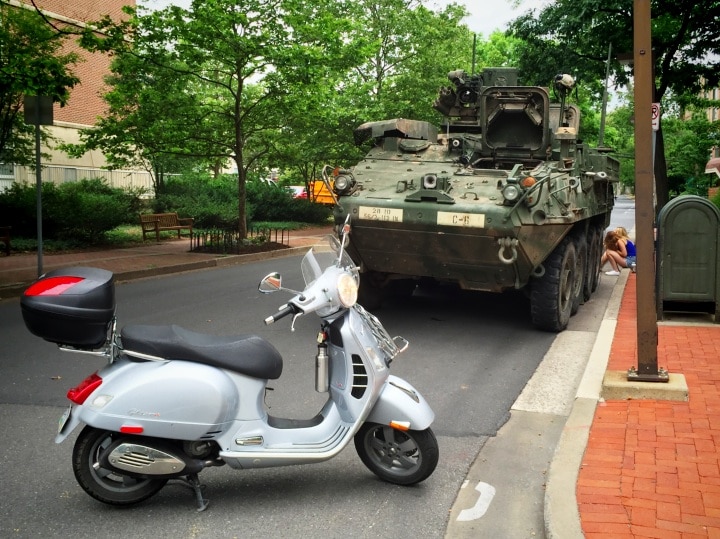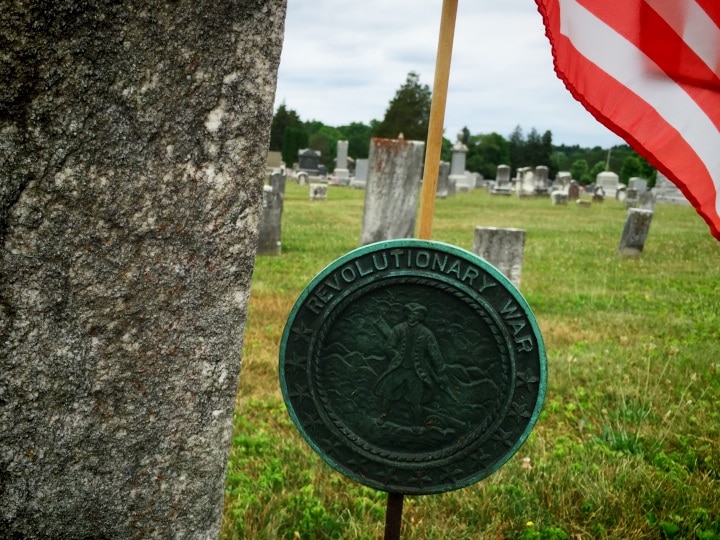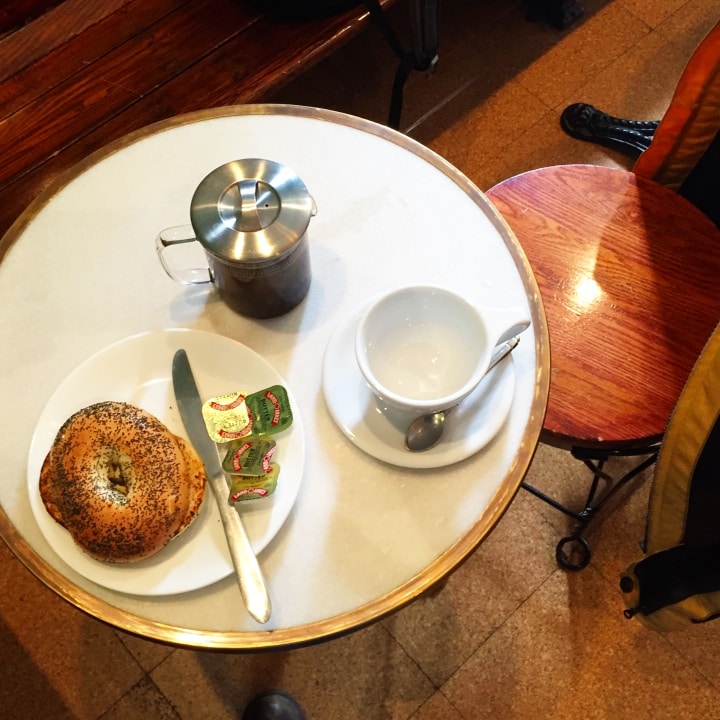 Independence Day 2016
Independence Day 2016
There’s probably a near endless list of things that give meaning to Independence Day in the United States. Flags fly and millions enjoy the national holiday commemorating the adoption of the Declaration of Independence on July 4, 1776, by the Continental Congress declaring that the thirteen American colonies regarded themselves as a new nation, the United States of America, and no longer part of the British Empire.
No small feat and one worth remembering. Amidst the fireworks for sale and the frenzy of cookouts and family gatherings it’s hard to imagine the topic of the Continental Congress comes up much.
On my way to Saint’s Cafe this morning I wondered what it all meant.
 Vespa and the United States Army
Vespa and the United States Army
Don’t let the perspective in the photo fool you — that armored personnel carrier is bigger and tougher than the scooter. Speed may be the only advantage for the Vespa.
As the parade elements began to gather this morning I wasn’t sure if this vehicle was there for the parade or because of the parade. With anxiety and fear gripping segments of the country in regard to terror it’s hard to know what’s part of a new system of security. Or what it all has to do with the fourth of July.
 Revolutionary War Veteran
Revolutionary War Veteran
The markings on the tombstone are unreadable now but a Revolutionary War Veteran lays at rest in the Boalsburg Cemetery. I like to think he had a clearer understanding of the meaning of July 4, 1776 and what freedom meant.
Are we celebrating a day or an idea?
 Idle Time at Saint’s Cafe
Idle Time at Saint’s Cafe
It’s easy for me to think of freedom as being able to do what I want. Passing time doing nothing in a cafe. It’s a free country after all. A notion responsible for a wide range of selfish behavior. Or just a life led in seductive oblivion. A self-centered view of the world that American Revolutionary Thomas Paine suggested could be a problem:
Those who expect to reap the blessings of freedom must, like men, undergo the fatigue of supporting it.
The fatigue of supporting it. I bet that means more than saying the pledge of allegiance or going to watch the fireworks. And it’s about more than fighting wars and battles. John Adams, the second President of the United States and a leader of the American Revolution hinted at a greater responsibility in preserving our liberty:
Liberty cannot be preserved without general knowledge among the people.
As I worked through the day I wondered about the charge for knowledge and how often it appears our elected and would be elected representatives operate knowing how little attention the electorate pays to the machinations of the system the provides our freedom.
Perhaps that’s what Abraham Lincoln, perhaps the best President to ever serve this country, thought about the dangers of the people not engaging the system we have:
America will never be destroyed from the outside. If we falter and lose our freedoms, it will be because we destroyed ourselves.
In celebration of Independence Day, I’ve started to read about this country I love.